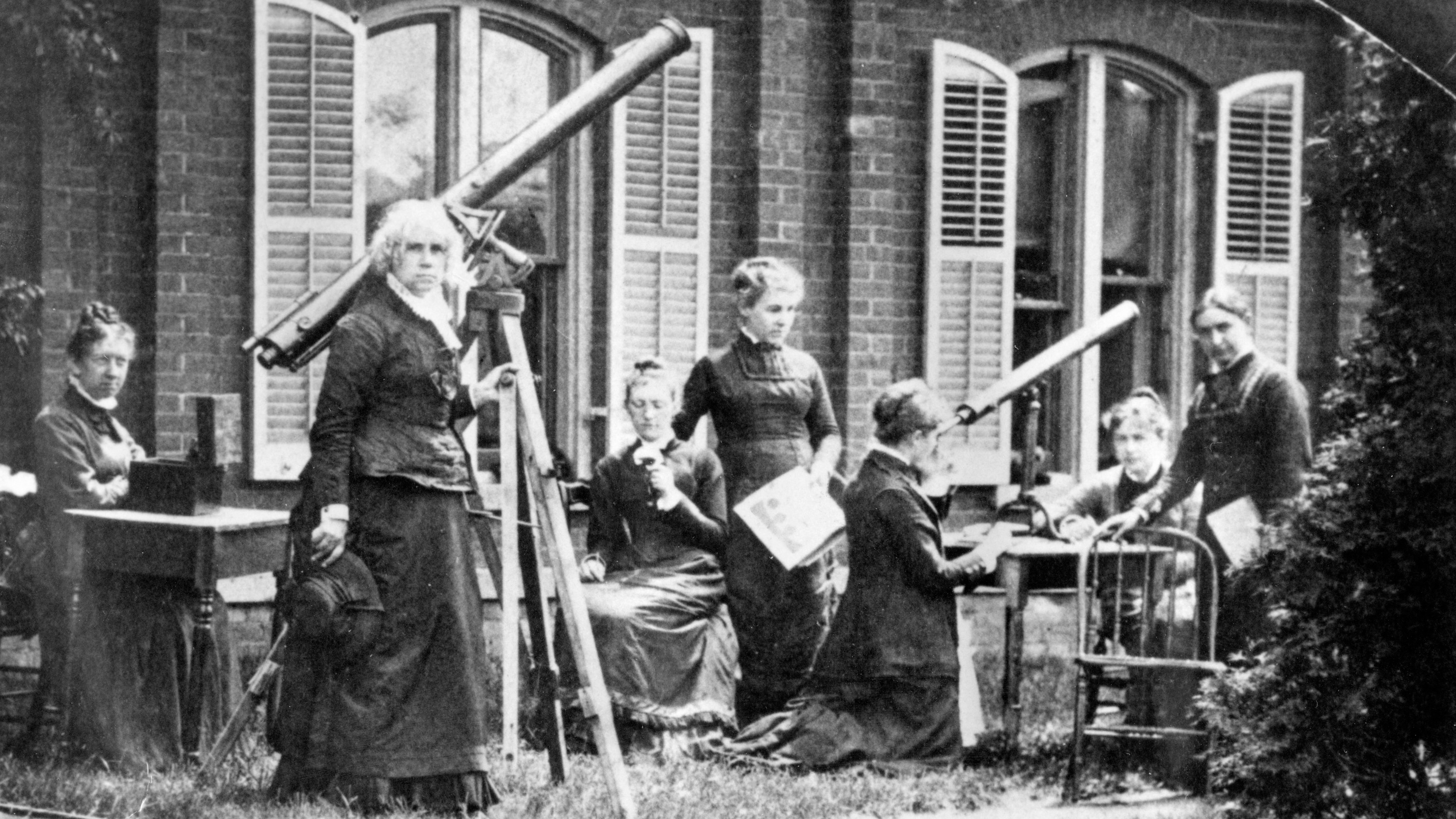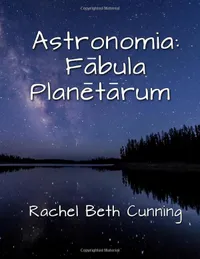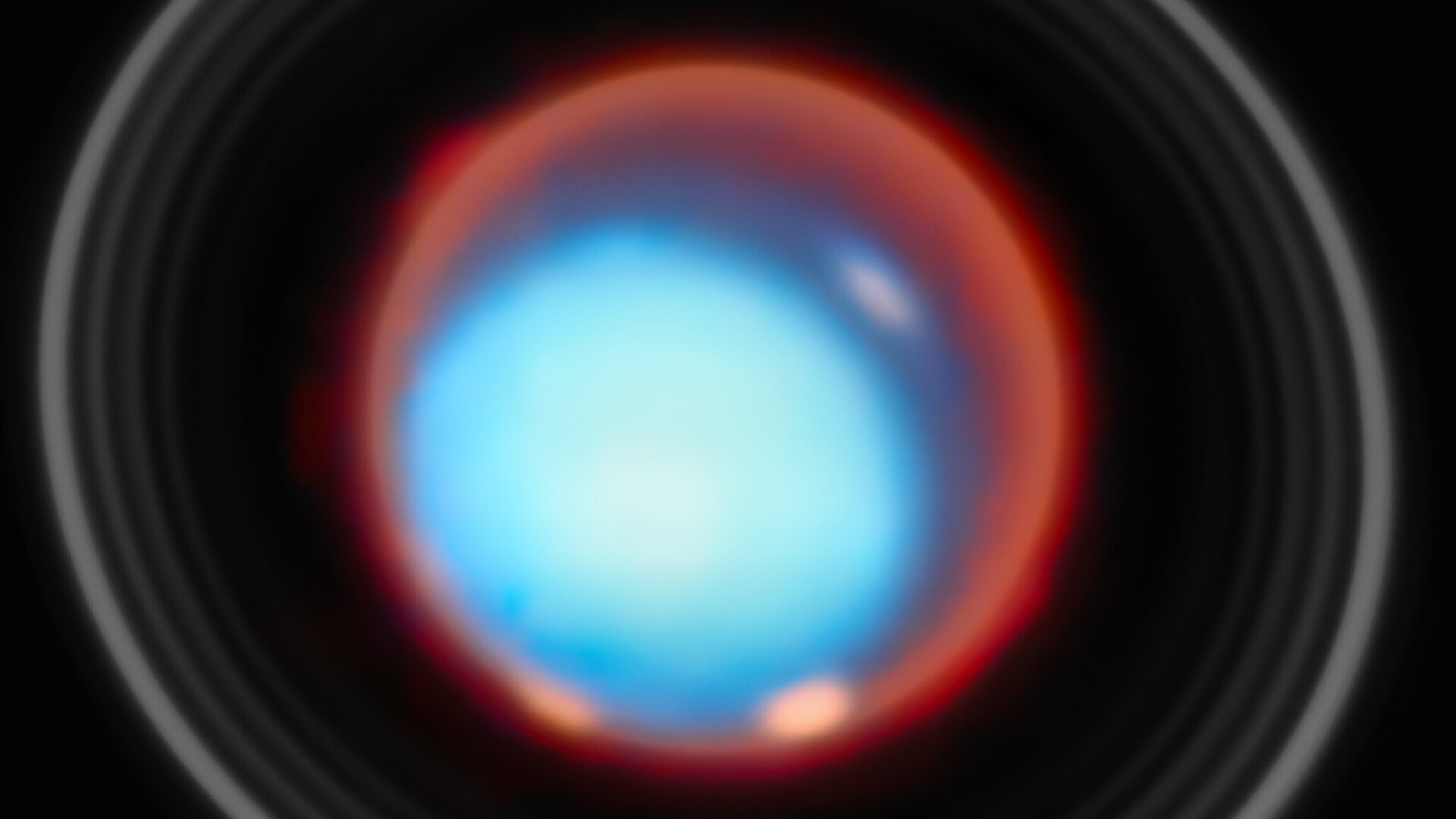New children's book celebrates pioneering astronomer Maria Mitchell
Mitchell is the narrator in the Latin-language book for kids.

Breaking space news, the latest updates on rocket launches, skywatching events and more!
You are now subscribed
Your newsletter sign-up was successful
Want to add more newsletters?

Delivered daily
Daily Newsletter
Breaking space news, the latest updates on rocket launches, skywatching events and more!

Once a month
Watch This Space
Sign up to our monthly entertainment newsletter to keep up with all our coverage of the latest sci-fi and space movies, tv shows, games and books.

Once a week
Night Sky This Week
Discover this week's must-see night sky events, moon phases, and stunning astrophotos. Sign up for our skywatching newsletter and explore the universe with us!

Twice a month
Strange New Words
Space.com's Sci-Fi Reader's Club. Read a sci-fi short story every month and join a virtual community of fellow science fiction fans!
Pioneering astronomer Maria Mitchell is the star of a kid's book using an ancient language she happened to know: Latin.
Massachusetts-born Maria Mitchell (1818-1889) is best known for discovering a comet in 1847 and working to inspire women astronomers as a professor of astronomy at Vassar College, which she joined in 1865. Some 205 years after her birth, Mitchell continues to inspire as the first U.S. woman astronomer.
Her legacy inspired Rachel Beth Cunning, a Latin and English as a second language teacher, to take on the challenge of making a children's science book — a journey that brought Cunning back to her childhood, when she subscribed to astronomy magazines and read about the stars. Her Latin-language book is called Astronomia: Fabula Planetarium (Astronomy: Stories of the Planets; Bombax Press, 2022), and you can buy it on Amazon.
Related: 20 trailblazing women in astronomy and astrophysics
"One of the things that I am generally very interested in — as someone who loves history and who loves nerdy science things and who loves literature and languages — is all the voices that get lost through time," Cunning told Space.com in an interview earlier in March, which is Women's History Month.
"There are a lot of voices that get lost," Cunning continued, "and unfortunately, they tend to be women's voices."
Astronomia: Fabula Planetarum: A Latin Novella | $11.50 on Amazon
In a unique crossover concerning women in astronomy and education, astronomer Maria Mitchell is cast as the narrator of a simple Latin language book describing the solar system, its planets and ancient myths. The book is targeted for grade school children with large images.
Latin was the language of ancient Rome and, for a time, much of the world the imperialist ancients conquered; Latin then continued for centuries afterward as the primary language of the Christian church.
Breaking space news, the latest updates on rocket launches, skywatching events and more!
Much of the existing Latin literature today is male, but a precious minority of writing is female and receiving more scholar attention. It is thought that female voices were lost over the ages due not only to a lack of literacy or time to write, but also because the medieval preservationists who rewrote fading ancient manuscripts in what we now call Europe and the Middle East were not as inclined to include female voices.
Mitchell was fluent enough to read Latin-language science books in her childhood, which was not unusual in the 19th century; today, however, Latin's schooling role has shifted considerably.
Latin's descendants live on today in languages like French, Spanish and Portuguese (as well as English, given that the language began borrowing heavily from French after the Norman Conquest). But Latin is barely taught in schools or universities any more. That said, there is a growing "living Latin" movement of YouTubers, novella writers and teachers who use Latin in classes as a spoken language, rather than a grammar puzzle. That's where the book about Mitchell comes in.
Related: Do we need a single international language in space?
Cunning paid tribute to numerous educators who came before her and endeavored to make Latin more adaptable to the modern day. She herself found clever translations for "spaceship" and other modern technical terms in Latin, thanks to research in the community.
The story is meant to motivate young Latin learners to keep striving for their interests in STEM (science, technology, engineering and math), Cunning said, through the example that Mitchell herself set during an era when women couldn't even vote.
"You see this baller woman, advocating for education and the importance of education, and her role in helping other women have access to education. She's really cool, and then she also did so much for just so many different groups," Cunning said, pointing particularly to Mitchell's Vassar College days.
Related: How women and the moon intertwine in literature
Cunning added that she wants to help expand the available Latin-language literature out there and to keep writing novellas from a female perspective, or, at the least, to include female voices. Some of her other Latin-language works include the myths of Cupid and Psyche, along with a fictional tale of a young girl living in Pompeii.
These female voices are needed for students, Cunning emphasized. "I want them to feel that they're part of a long line of history, because they are part of a long group of women who are wonderful and smart and funny, who have made amazing contributions to science, the world and our understanding of it. That's what I have often felt like was missing from my own education, is feeling that sense of continuity."
Elizabeth Howell is the co-author of "Why Am I Taller?" (ECW Press, 2022; with Canadian astronaut Dave Williams), a book about space medicine. Follow her on Twitter @howellspace. Follow us on Twitter @Spacedotcom or Facebook.

Elizabeth Howell (she/her), Ph.D., was a staff writer in the spaceflight channel between 2022 and 2024 specializing in Canadian space news. She was contributing writer for Space.com for 10 years from 2012 to 2024. Elizabeth's reporting includes multiple exclusives with the White House, leading world coverage about a lost-and-found space tomato on the International Space Station, witnessing five human spaceflight launches on two continents, flying parabolic, working inside a spacesuit, and participating in a simulated Mars mission. Her latest book, "Why Am I Taller?" (ECW Press, 2022) is co-written with astronaut Dave Williams.

